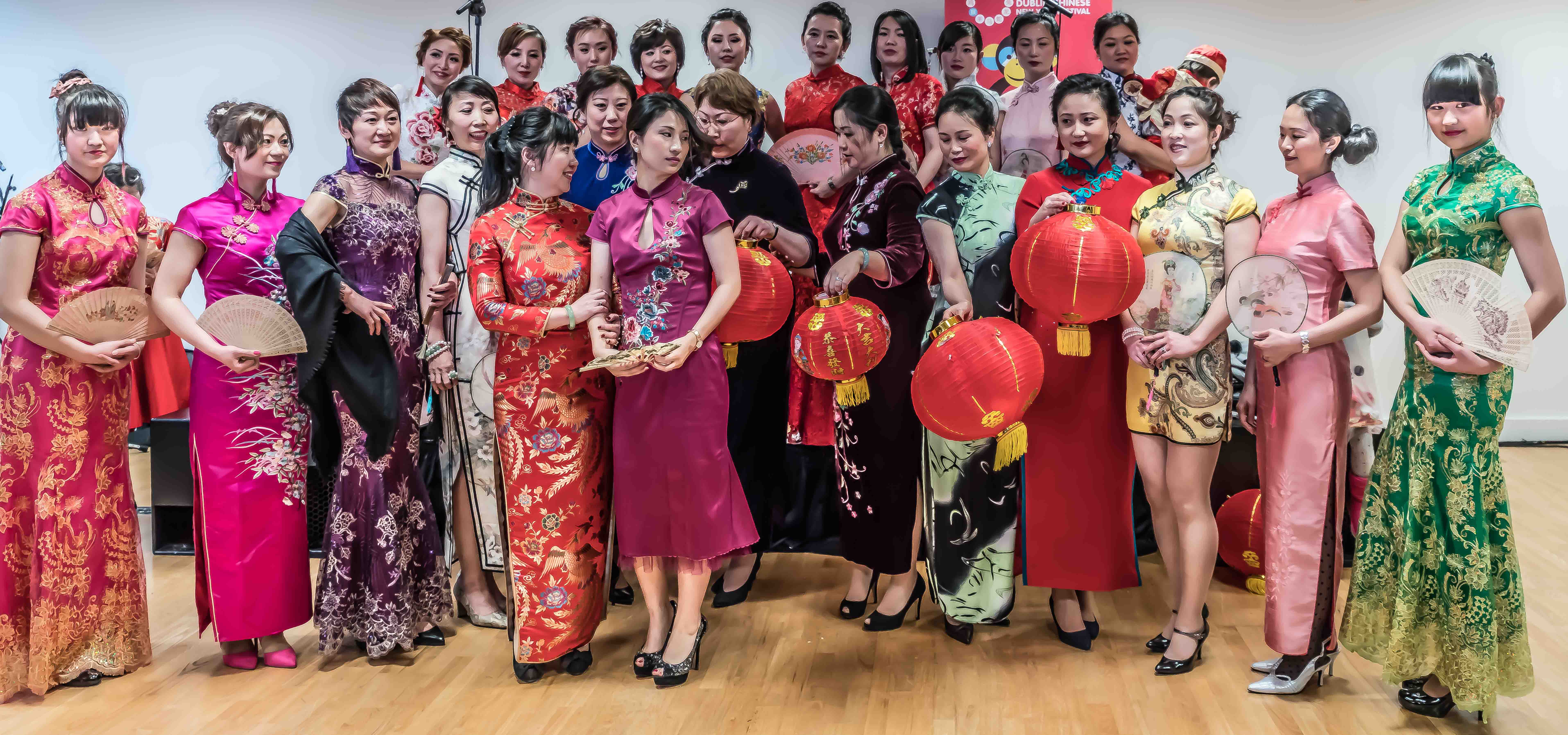Her class room explanations associated with quantities of dating degree 1 (casual, yet deliberate date), degree 2 (exclusive dating) and amount 3 (emotional interdependence, usually headed toward marriage) give her pupils, whom admit to experiencing extremely uncertain on how to date, clear objectives and guidelines. The end result: a true range pupils state on movie that the sensation they got asking an individual on a romantic date ended up being higher than any feelings they’ve skilled in the attach tradition.
Intentional dating, as Dr. Cronin shows, is a solution that is desirable the post university young grownups interviewed, nonetheless it’s a solution that possibly is much less effortlessly adopted outside an environment like university. The next regarding the 20 one thing, 30 one thing, and 40 one thing interviewees illustrated exactly how hard it could be for a person that is young desires more with regards to their intimate everyday lives discover another individual who shares such desires for intentionality. For every single of those, it absolutely was years since they’d been in a meaningful, long haul relationship, although not for not enough desire or attempting.
Yet, with what appeared like an unintended item of this recording, I happened to be struck because of the alterations in mindsets and ways to dating that each and every associated with post college interviewees experienced as a consequence of taking part in the movie.

As an example, Rasheeda, the 30 one thing girl, informs filmmakers in her own 2nd meeting that talking together with them made her recognize she felt “unnoticed” and as an effect, she joined up with a dating application, in an effort to return around into the dating scene.
As Chris, the 40 something guy, covers the impact of their dad along with his subsequent death as he had been nine years of age, he makes a realization that is profound. “[My dad’s] purpose was in the future house each day to their spouse and household,” he explains, “i do believe if I happened to be raised by my father, i do believe i might be hitched chances are […] I’ve never ever thought about that [until now],” he states.
Cecilia, the 20 one thing woman, includes a going meeting in which she stops working crying after articulating exactly exactly how a guy caressing her hands made her recognize so how starved she actually is for real love inside her life. When you look at the next meeting, she’s came back to Mexico after four years in Chicago, so she can live near her family members. This made me wonder in the event that understanding of her loneliness is exactly what compelled her to come back house, where love in her own day to day life wouldn’t be so poor.
Being a journalist who may have interviewed a huge selection of teenagers about dating and wedding, and also as an editor of the storytelling web log , it is been my experience that adults have quite places that are few mirror upon their relationships. The by item of asking teenagers to articulate their values and objectives for relationship isn’t just greater quality for the adult that is young but additionally better ways to dating.
Audiences can best dating sites for single parents get become happily surprised by the trajectory associated with the intimate life of Rasheed, Cecilia, and Chris through “The Dating Project.” The movie implies that whenever considerate relatives and buddies ask the best concerns and earnestly pay attention, they could assist result in mindset and behavior shifts in teenagers that will reduce their passive involvement when you look at the hookup culture and encourage them to earnestly pursue more deliberate relationships.
Meg T. McDonnell may be the executive manager of Reconnect Media while the founding editor of this tale telling web log, in my opinion in like. Last year, she ended up being the recipient of the full-time Robert Novak fellowship for the task en titled “Marriage and adults: Knowing the find it difficult to Get to вЂI Do.’ Editor’s Note: The views and opinions indicated in this essay are the ones associated with the writer and don’t fundamentally reflect the state policy or views associated with Institute for Family Studies.
